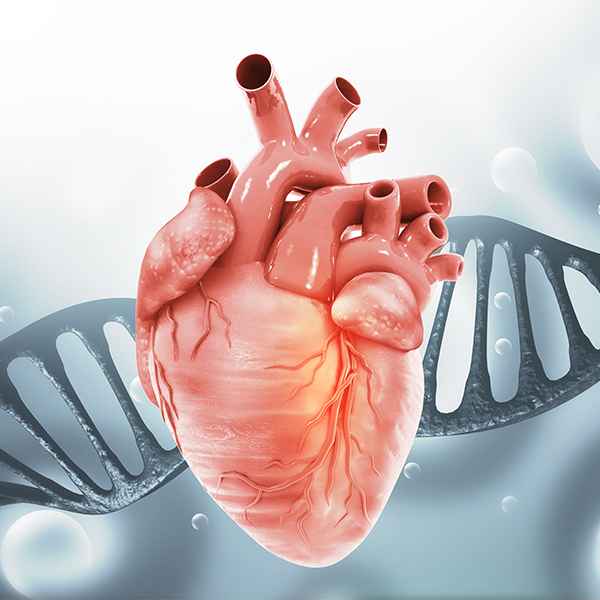-
Mayo Clinic Minute: Flaxseed – tiny seed, nutritional powerhouse
Nearly 1 in every 3 American adults has high levels of lipoprotein cholesterol, also known as "LDL" or "bad cholesterol." Lifestyle changes can lower your bad cholesterol and reduce the risk of heart attack and stroke. One way is by adding a daily dose of a tiny seed with a lot of nutritional power to your diet.
Journalists: Broadcast-quality video pkg (0:59) is in the downloads at the end of the post. Please ‘Courtesy: Mayo Clinic News Network.’ Read the script.
This tiny nugget isn’t a grain but a seed.
"And when we think about seeds, seeds are very concentrated, little packages full of nutrients."
Katherine Zeratsky, a Mayo Clinic dietitian, says flaxseed is high in healthy fat, vitamins and minerals. But that's not all.
"Flaxseeds are a great source of dietary fiber, and fiber can be beneficial in helping reduce our overall cholesterol level."
Most Americans don't get enough fiber. Zeratsky says fiber is for digestion and heart health. And for people with diabetes, it can help regulate their blood glucose.
You don’t have to add a lot of flax to your diet to get the benefits. Try adding it to your smoothies.
"Starting with even a few teaspoons just to see how you like it. And if you like the taste and the texture, without overdoing the calories, [that] is a good way to start."
Whether you choose whole or ground flaxseed, just keep it in a cool, dark place. Zeratsky recommends whole flax for the best nutritional value.
"Grind it because that allows your body to more readily absorb the nutrients that are in that flax."
Related post:
Making Mayo's Recipes: Apple Cinnamon Muffins
Related Articles







